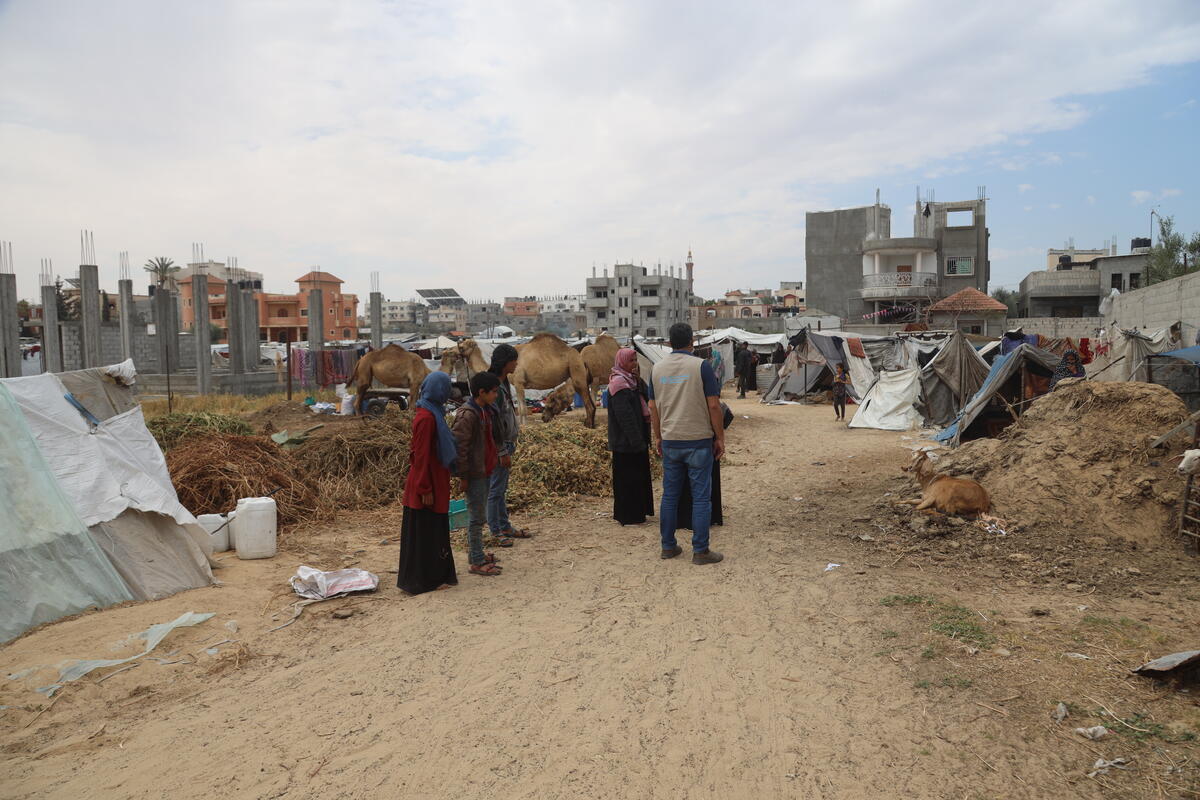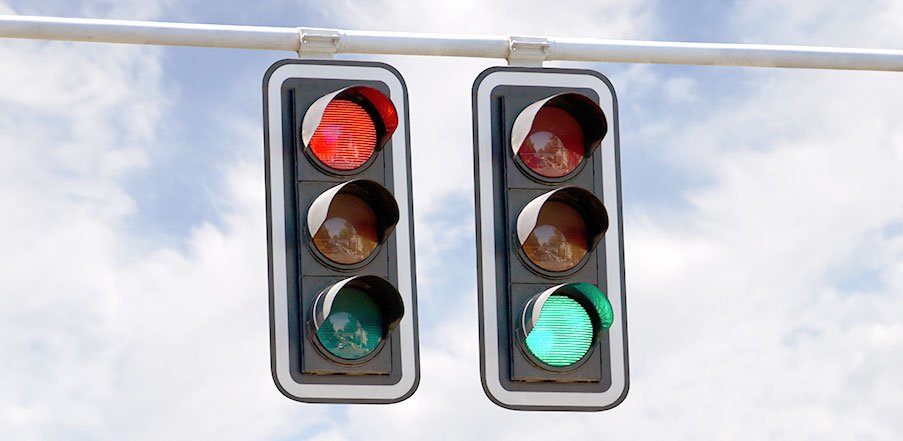Wait times for elective and emergency care in Queensland hospitals have improved despite the Covid-19 pandemic, the Queensland Government revealed today.
Newly released performance data from Queensland covers hospital performance from April to June.
Deputy Premier and Minister for Health and Ambulance Steven Miles praised the state’s healthcare workers.
“They’ve worked so hard. Not only have they kept COVID out, they’ve also made sure Queenslanders have the other healthcare they need,” Mr Miles said.
“I’m really proud of them.”
In June, the State Government announced a quarter of a billion-dollar blitz on elective surgery and other procedures that were suspended by Prime Minister Scott Morrison during the height of the pandemic.
“While elective surgery long waits were expected to peak at 7,000, our elective surgery blitz saw them drop to just 2,774 by the end of June,” Mr Miles said
“And despite seeing nearly half a million (469,763) people the median wait to be seen was just 10 minutes at Queensland’s emergency departments in the quarter to June 2020, down from 15 minutes in the same period last year.”
Nearly 90 per cent of patients were seen at emergency departments within clinically recommended times, up from 76 per cent to June 2019.
Category Two and Three elective procedures are less urgent elective surgery. It is clinically recommended that Category Two procedures occur within 90 days and Category Three within 365.
The most urgent surgeries – Category One continued unaffected and our hospitals delivers 11,723 lifesaving surgeries during this time.
“The coronavirus pandemic was a shock to our hospital system – especially when it came to non-urgent elective surgery outpatient activity,” Mr Miles said.
“But thankfully our pandemic response and our $250 million investment means we’re in a better position than many other states to tackle the covid-19 surgery backlog.
“The impact was smaller than many other parts of the world and we’re recovering faster.
“It is incredible to think that while many hospitals around the world are struggling to cope, our fantastic health staff managed to improve performance across most measures.
“During a global pandemic Queenslanders were able to go to the emergency department at their hospital and be seen in around 10 minutes.
“I want to sincerely thank the Queenslanders who had surgeries deferred for their patience and understanding.
“We have ramped up surgeries now – using more theatres and operating during weekends to try to catch up as quickly as possible.”
Mr Miles said several health services and major hospitals across the state reported significant and sustained COVID-19 activity throughout the early months of the pandemic.
“From February to August, Queensland managed over 1089 COVID-19 cases.
“Across the state we’ve established 66 dedicated testing facilities, in addition to many private pathology providers and Commonwealth clinics.
“We’ve carried out over tested almost 705,000 tests.
“We’ve got a small army of almost 2500 public health unit staff spread across the state and further experts in Brisbane. Some of these experts are doing the hard yards of contact tracing cases as they come in.
“More than 82,000 Queenslanders have been issued a self-quarantine notice and more than 2100 people are currently in government provided hotel quarantine.”
Queensland Health Director-General Dr John Wakefield said the system was focused on ramping up activity further over the coming months.
“We know these decisions had an impact on the care of Queenslanders,” Dr Wakefield.
“We’ve responded quickly now the immediate COVID-19 risk to hospital activity has subsided.
“But people need to continue to be vigilant.”
Performance reporting was suspended nationally to allow health services to focus their resources on the pandemic response. This interim report shows that since restoring planned care, there has been an increase in activity.
Queensland Health continues to balance the reintroduction of services, while ensuring there is capacity to respond quickly to the ongoing COVID-19 pandemic.







